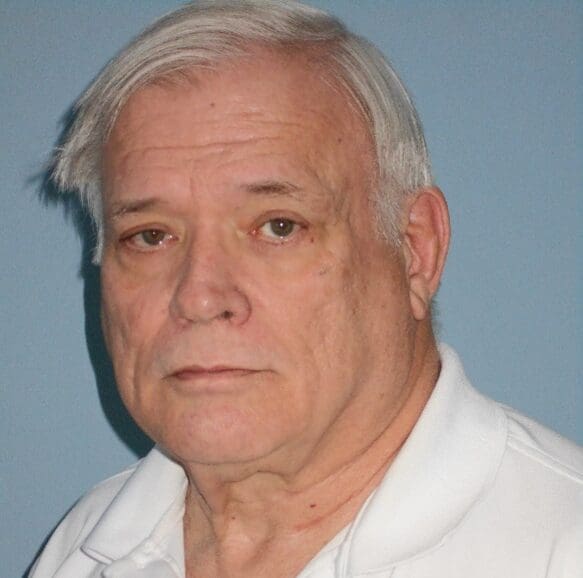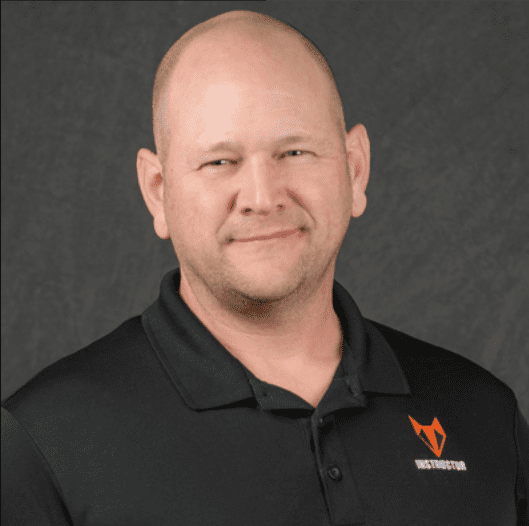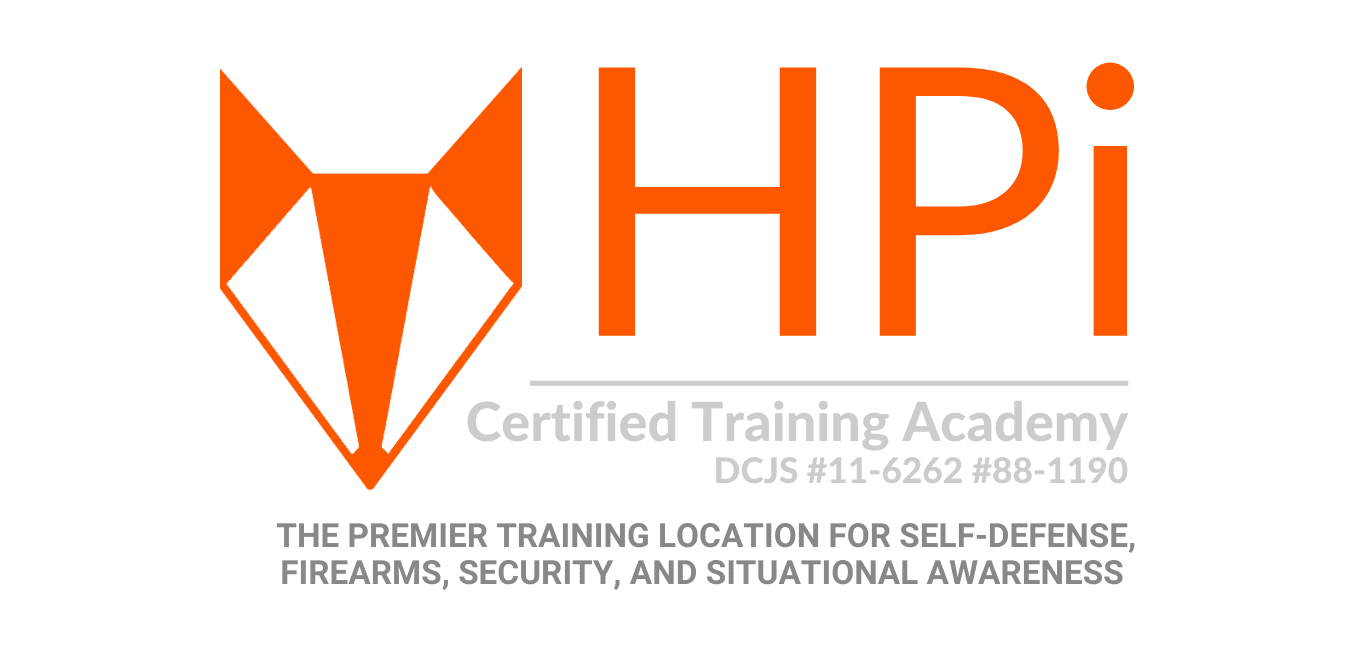Living in a State of De-Escalation
Part 1
Castle Doctrine in Virginia
Your door gets kicked in by an intruder brandishing a weapon. Does the law require you to retreat before defending your home? No. Under Virginia law, you have no duty to retreat before using deadly force against such an intruder. But these legal protections have specific limits. So how do you protect yourself when using deadly force? Here’s how you stay on the right side of the law:
• You make sure that you are not the initial aggressor. This “innocence” means that you have no duty to retreat.
• You are cautious that your use of force is reasonable. You do not respond with deadly force unless the threat poses a risk of death or great bodily injury.
Common Misconceptions:
I. BELIEVING, I AM AUTOMATICALLY JUSTIFIED BECAUSE SOMEONE IS IN MY HOUSE.
Response: Virginia has never defined the Castle Doctrine, but Virginia courts have referenced this concept for estimated 100 years. The idea of the Castle Doctrine in Virginia stands for the proposition that if someone in your home or the area immediately surrounding your home poses a threat to you of death or great bodily injury, you have no duty to retreat before using force, including deadly force. However, this power is pulled in by the idea that your use of force must be reasonable. You must reasonably believe that the person poses a risk of causing death or great bodily injury. For this reason, shooting someone in your home who you do not reasonably perceive as a great threat to you, or another person can still land you in a lot of trouble. Furthermore, if you invited the person to your property, or they had a license or privilege to be there, your ability to use force to remove them will be greatly limited.
II. APPLYING THE CASTLE DOCTRINE TO MY ENTIRE PROPERTY.
Response: Case law in Virginia addressing the Castle Doctrine discusses the concept of using force, including deadly force to “prevent forcible entry,” but limits this concept to situations where “necessary to repel the aggressor” and when the “party assaults a homeowner in his own home.” Fortune v. Commonwealth, 112 S.E. 861 (Va. 1922). Notice the restrictive “in his own home” language. While Virginia has broad protections on the use of force outside the home, case law has narrowed the Castle Doctrine to only the home and curtilage.
III. THINKING THAT I CAN’T GET SUED BECAUSE OF THE CASTLE DOCTRINE.
Response: It is a common misconception that if your use of deadly force was found justified, even under the “Castle Doctrine,” then that justification means you can’t be sued civilly. Unfortunately, Virginia does NOT provide for such civil immunity from lawsuits. What Virginia does, however, is utilize an older system called a “contributory negligence” system. This system bars recovery if the party suing you is even a little bit negligent. The downside to this? Even if you are sued, you will still have to have a lawyer represent you and may still have to go to trial to prove that the other party’s claim should be blocked by contributory negligence.
To learn more about laws surrounding self-defense and firearms use please visit our concealed carry page.
IF you have
any questions or input, please email us at:







